15 Ways Your Budget Will Look Different After Buying a Home
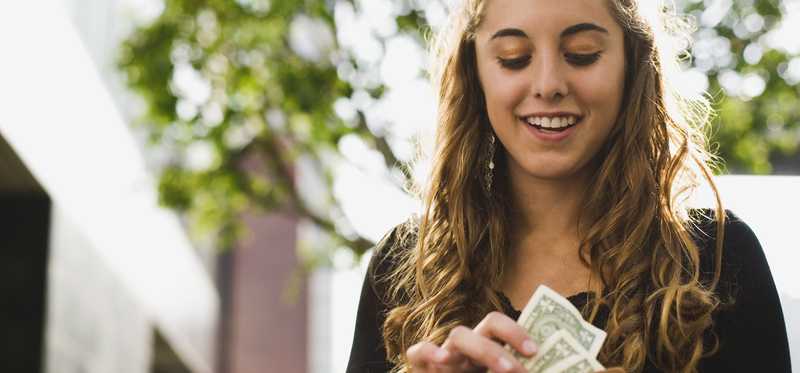
15 Ways Your Budget Will Look Different After Buying a Home
Becoming a homeowner means changing your finances in profound ways
Most people know that buying a home means taking on a mortgage payment. But committing to a monthly loan bill isn't the only big change that happens after you've become a property owner.
It's important to understand all the ways your budget may look different once you have a place of your own. Here are 15 of those big changes you're likely to experience after buying.
5 Stocks Under $49
Presented by Motley Fool Stock Advisor
We hear it over and over from investors, "I wish I had bought Amazon or Netflix when they were first recommended by The Motley Fool. I'd be sitting on a gold mine!" It's true, but we think these 5 other stocks are screaming buys. And you can buy them now for less than $49 a share! Click here to learn how you can grab a copy of "5 Growth Stocks Under $49" for FREE for a limited time only.
Previous
Next
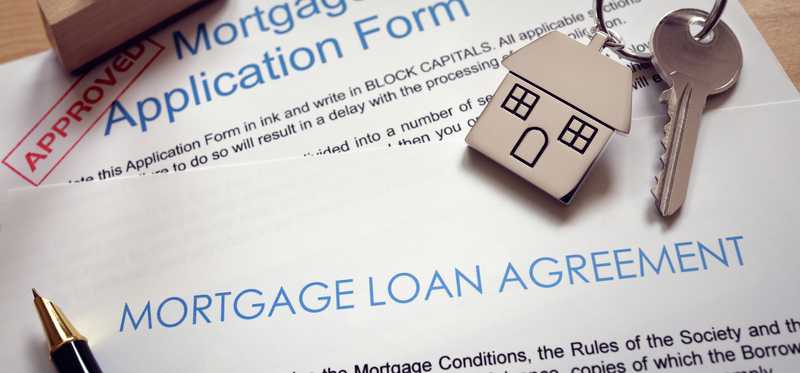
1. You'll have to pay mortgage principal and interest
Mortgage principal and interest payments are the highest costs of homeownership for most people. The amount of your monthly mortgage payment will be affected by the amount you borrow, as well as the loan term you choose and the rate you're offered.
Shopping around for the best mortgage rates and making a hefty down payment can help you keep these costs down.
ALSO READ: Mortgage Rates Are Rising, but These Moves Could Help You Score a Lower Rate
Previous
Next
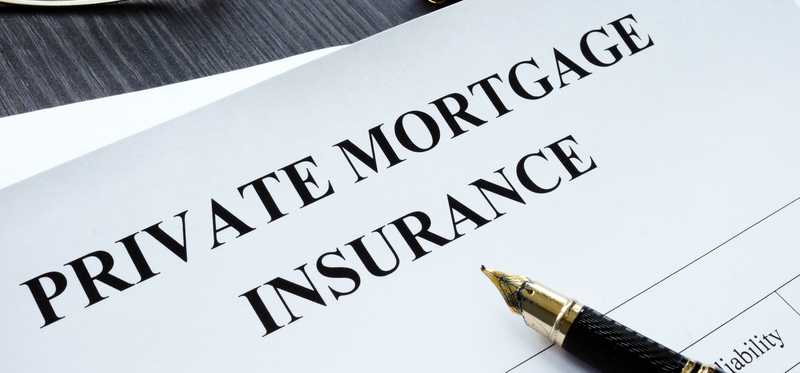
2. You may owe PMI payments
PMI stands for private mortgage insurance. Your lender will typically require you to buy this insurance if you put less than 20% down on your home.
PMI can add hundreds of dollars to monthly mortgage bills. The purpose of the coverage is to make sure your lender doesn't face uncompensated losses if they must foreclose and you didn't put much money down.
Unfortunately, PMI doesn't actually insure you against foreclosure -- it protects only your lender, even though you're the one who must pay for it. If you want to avoid this additional expense, aim to make at least a 20% down payment on your property.
Previous
Next
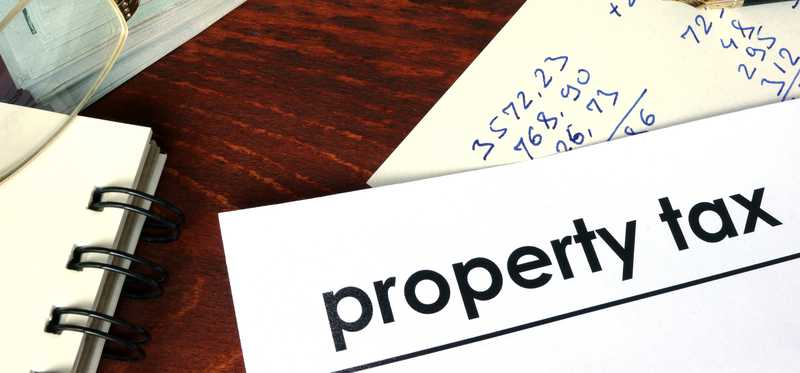
3. You'll owe annual property taxes
Property tax costs can total thousands of dollars annually. Where you live and the appraised value of your home can affect how much you owe in property taxes.
In most cases, your mortgage lender requires you to make a monthly payment toward property taxes, even though they are due to your local township or municipality just once per year. Your lender will collect the money and put it into escrow to pay taxes for you.
Previous
Next

4. You'll need to pay for home insurance
Home insurance is required by lenders. And you'll want to make sure you have the coverage you need to protect your assets. Specifically, you'll need coverage for the property itself, for your possessions, and for protection against liability.
Home insurance can cost you thousands of dollars every year, especially if you have an expensive home or live in a high-risk area such as a flood zone.
Find out how much insurance premiums will be for any home you're thinking about buying and be sure to shop around for the best coverage.
Previous
Next
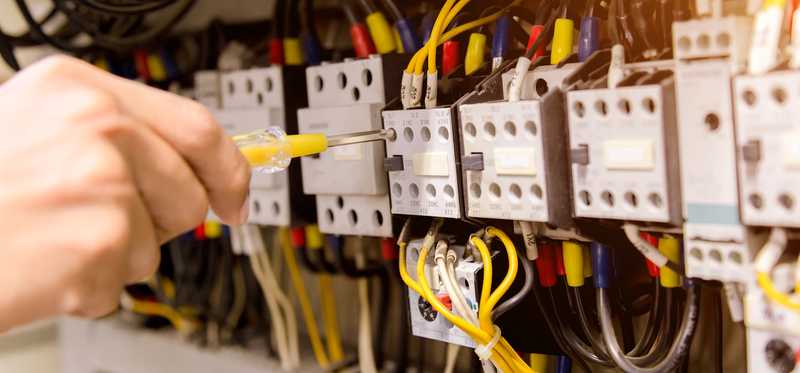
5. Your utility costs may change
Chances are good you're paying for utilities -- such as electricity, water, cable, and internet -- where you currently live. But these costs can change when you move.
If your new home is larger than your current space, older, or less energy-efficient, you may face much higher utility costs. Rates can also differ in different parts of the country, so you could face higher monthly bills even if your property is mostly comparable.
Be prepared for these additional expenses as you can't skimp on heating your home or connecting to the internet.
5 Stocks Under $49
Presented by Motley Fool Stock Advisor
We hear it over and over from investors, "I wish I had bought Amazon or Netflix when they were first recommended by The Motley Fool. I'd be sitting on a gold mine!" It's true, but we think these 5 other stocks are screaming buys. And you can buy them now for less than $49 a share! Click here to learn how you can grab a copy of "5 Growth Stocks Under $49" for FREE for a limited time only.
Previous
Next
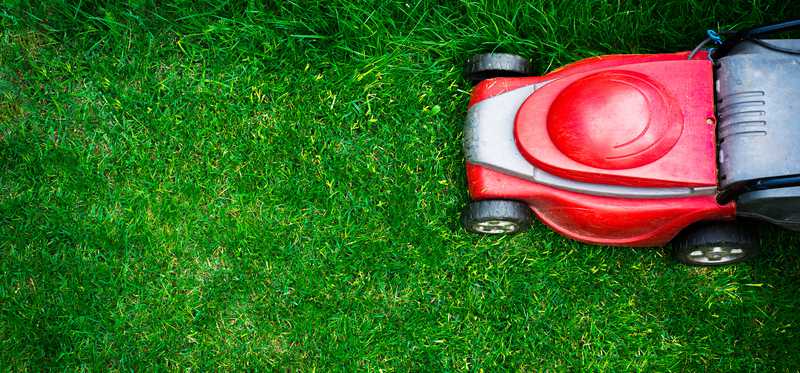
6. You'll have ongoing maintenance costs
As a homeowner, you'll want to take care of your property to make sure it remains in good condition.
This means doing basic tasks such as replacing your filters in your HVAC system, servicing your air conditioner, filling cracks around doors and windows, taking care of pest control, and handling a host of other issues.
Your landlord may have been responsible for these ongoing costs if you were previously a renter, so be sure you're prepared to add them to your list of monthly expenses.
ALSO READ: Are You Forgetting About These 3 Home Expenses? 18% of Recent Buyers Did
Previous
Next
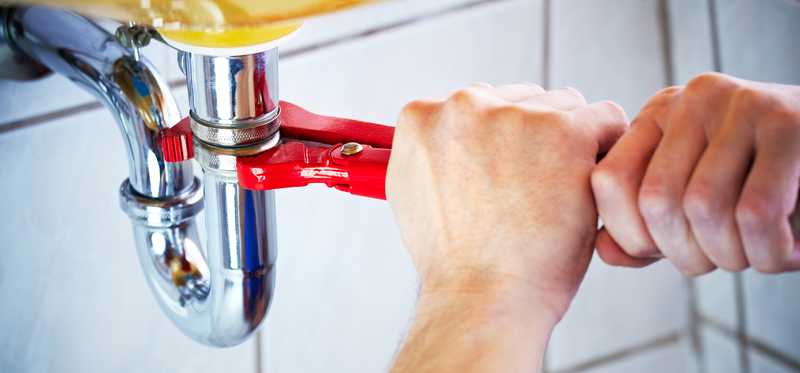
7. You should have an account set aside for home repairs
Repairs will also become your responsibility once you own your property. Sometimes, these can be extremely expensive. A new roof, for example, could cost tens of thousands of dollars.
To be sure you're ready to address big issues when they arise, most experts recommend saving around 1% of your home's value each year to have money available when major repairs are needed.
Previous
Next
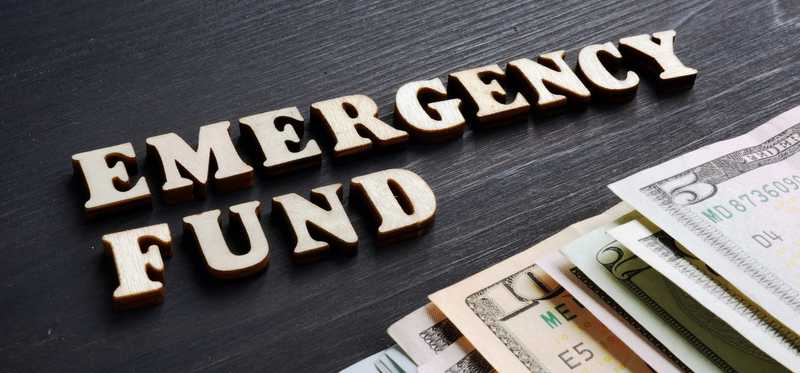
8. You'll want to bulk up your emergency fund
As a homeowner, you can't afford to miss a mortgage payment -- even if you lose your job or have other medical issues. You also need to be prepared to handle unexpected problems with your house.
Once you own a home, you'll likely need to build an emergency fund to make sure you're protecting your investment. You should aim to have three to six months of living expenses saved, and you will need to budget to do that if you don't already.
ALSO READ: How Much Money Should You Have in Your Emergency Fund? Here's What Dave Ramsey Thinks
Previous
Next

9. You may owe HOA fees
If your new home is in a neighborhood with a homeowners association, or HOA, you will probably have to pay fees. These can total hundreds of dollars per month in some neighborhoods, especially those with lots of amenities.
You'll want to confirm the HOA costs are affordable for you and that you understand them -- as well as any rules you must follow to avoid fines -- before committing to buying a property.
Previous
Next
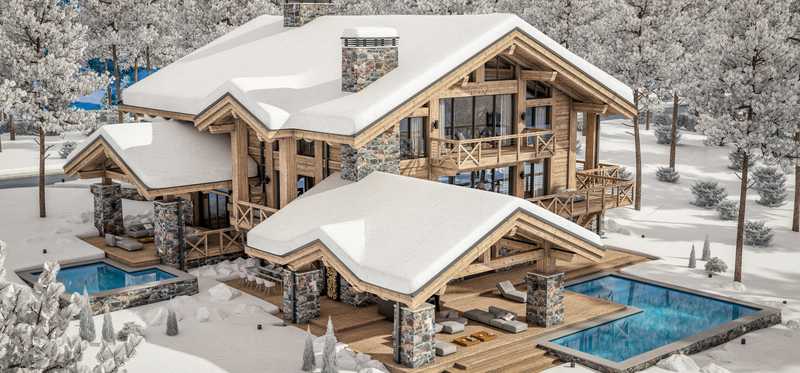
10. You may have to pay for a snowplowing service
If you live in an area where there's snow, paying for plowing service may become part of your monthly budget as well.
Your landlord probably took care of clearing the snow before, but now, you'll need your driveway to be cleared so you can get to work.
Even if you intend to handle snow removal yourself, you may need to incur the costs associated with buying and maintaining a snowblower and getting gas for it.
5 Stocks Under $49
Presented by Motley Fool Stock Advisor
We hear it over and over from investors, "I wish I had bought Amazon or Netflix when they were first recommended by The Motley Fool. I'd be sitting on a gold mine!" It's true, but we think these 5 other stocks are screaming buys. And you can buy them now for less than $49 a share! Click here to learn how you can grab a copy of "5 Growth Stocks Under $49" for FREE for a limited time only.
Previous
Next
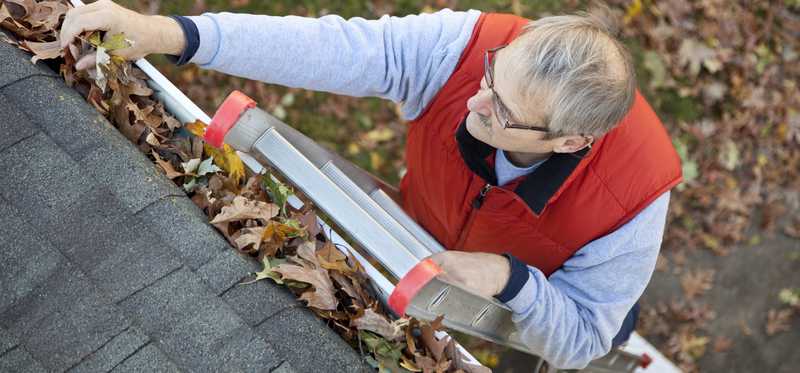
11. Gutter cleaning will likely be a new annual expense
Keeping your gutters clean is important to ensuring proper drainage and avoiding other issues.
Most people don't want to go up on the roof to handle this task themselves, so you'll need to budget a few hundred dollars per year to pay a professional to do it.
ALSO READ: Warren Buffett Says Real Estate Is a Lousy Investment: Why He's Wrong
Previous
Next
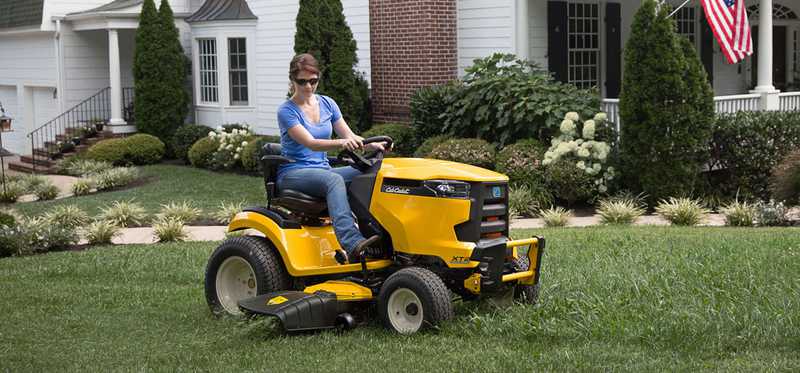
12. Lawn care may cost you in the summer
If you have more outdoor space that you're responsible for maintaining at your new house, you'll have to budget for lawn and garden services.
This could mean paying a professional or covering the costs of a lawnmower, including gas and maintenance for it. Fertilizing your lawn can also add to your costs but may be important to ensure the lush green look that helps increase your property's appeal.
Previous
Next

13. You may incur added cleaning costs
Cleaning your new home could also be more of a financial burden if the property is larger than your old place.
You may need to pay a cleaning service more than you did before or hire one for the first time if it turns out that your new place is too much to handle on your own.
Even if you hope to clean yourself, you should plan to spend more time and money making sure your new home stays tidy.
ALSO READ: This Could Be a Huge Waste of Money When Selling a House
Previous
Next
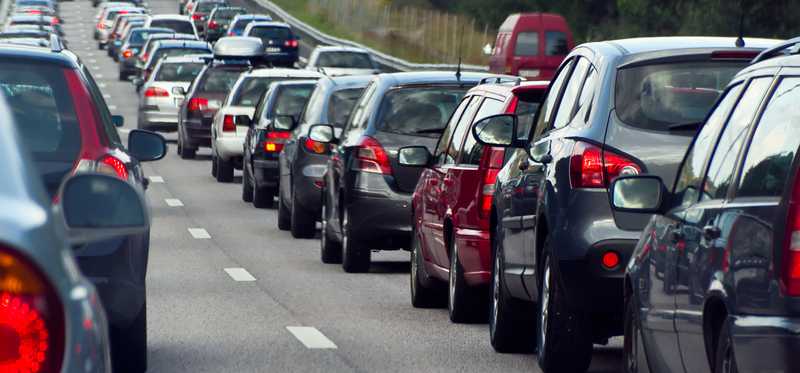
14. Your transportation costs may change
A move can change your commute, sometimes causing you to drive further or switch from using public transportation. If you will be spending more on gas or other commuting costs, be sure to factor those into your monthly budget as well.
Previous
Next

15. Your auto insurance premiums may also look different
Finally, where you live affects your auto insurance premiums.
Sometimes, homeowners are able to pay less for their auto coverage, especially if they can bundle it with their homeowners insurance. But if your new neighborhood has a higher rate of car thefts or more accidents, your premiums could go up.
You can call your auto insurer to find out what your new premiums will be after the move so that you can be prepared for this expense.
5 Stocks Under $49
Presented by Motley Fool Stock Advisor
We hear it over and over from investors, "I wish I had bought Amazon or Netflix when they were first recommended by The Motley Fool. I'd be sitting on a gold mine!" It's true, but we think these 5 other stocks are screaming buys. And you can buy them now for less than $49 a share! Click here to learn how you can grab a copy of "5 Growth Stocks Under $49" for FREE for a limited time only.
Previous
Next

Make sure you consider all the costs of homeownership
By carefully considering all the costs of buying your own home, you can make a realistic assessment of what your new budget will look like.
You can confirm you're really ready to own your own place and that you won't end up with a cash shortfall because of surprise expenses. It's worth taking the time to do this math to make sure buying a home doesn't turn out to be something you regret.
The Motley Fool has a disclosure policy.
Previous
Next
Invest Smarter with The Motley Fool
Join Over Half a Million Premium Members Receiving…
- New Stock Picks Each Month
- Detailed Analysis of Companies
- Model Portfolios
- Live Streaming During Market Hours
- And Much More
READ MORE
HOW THE MOTLEY FOOL CAN HELP YOU
-
Premium Investing Guidance
Market beating stocks from our award-winning service
-
The Daily Upside Newsletter
Investment news and high-quality insights delivered straight to your inbox
-
Get Started Investing
You can do it. Successful investing in just a few steps
-
Win at Retirement
Secrets and strategies for the post-work life you want.
-
Find a Broker
Find the right brokerage account for you.
-
Listen to our Podcasts
Hear our experts take on stocks, the market, and how to invest.
Premium Investing Services
Invest better with The Motley Fool. Get stock recommendations, portfolio guidance, and more from The Motley Fool's premium services.